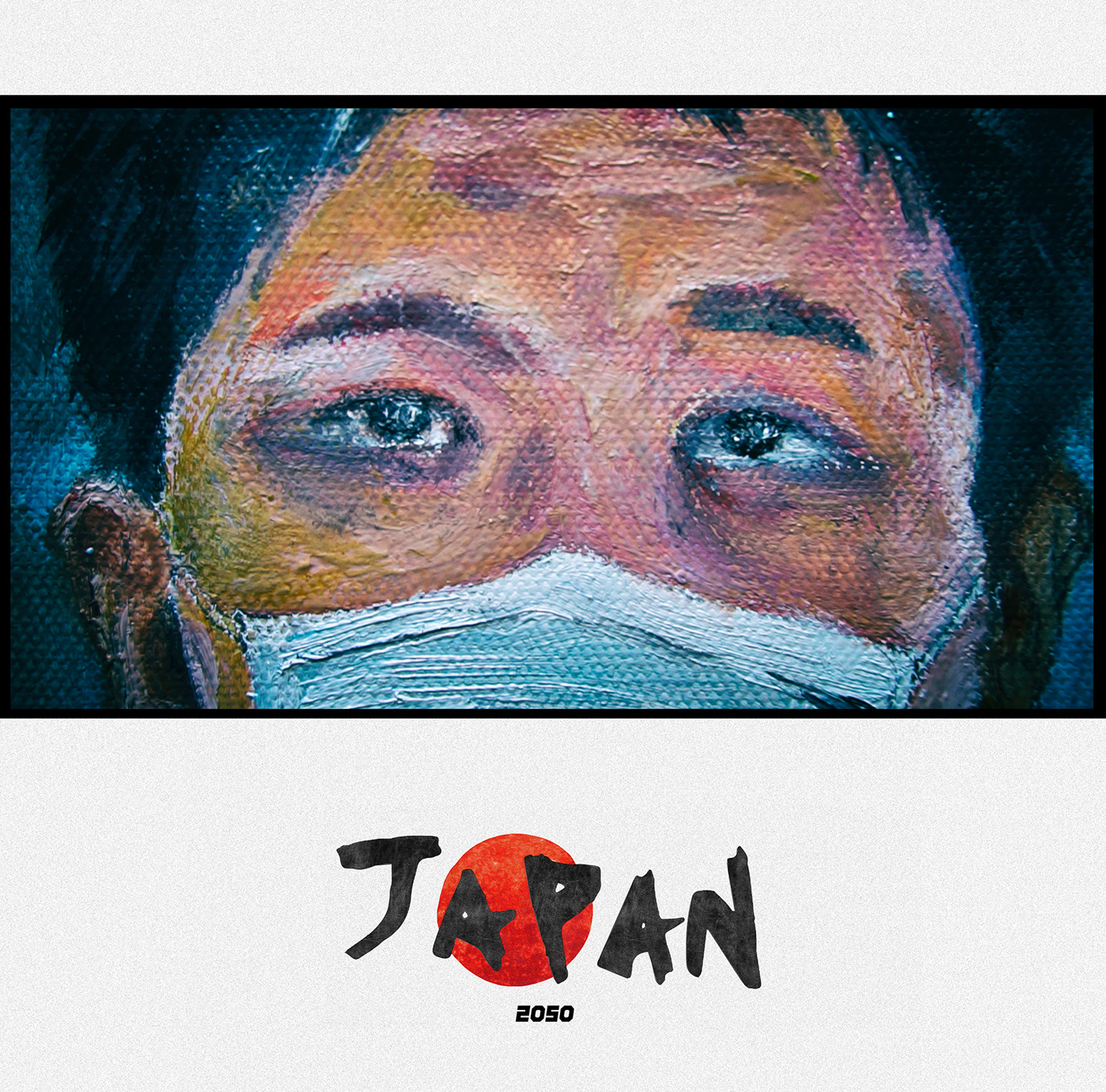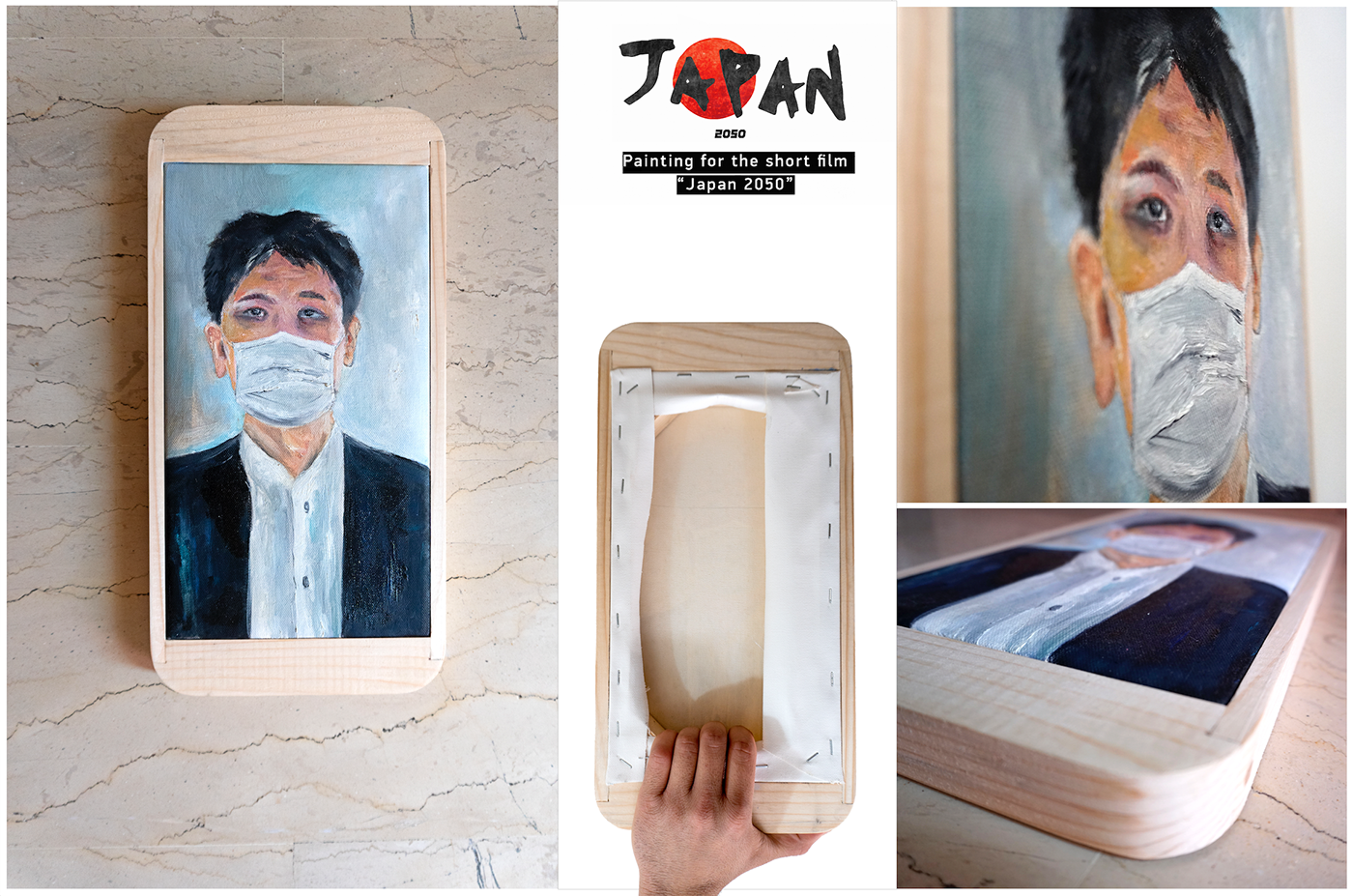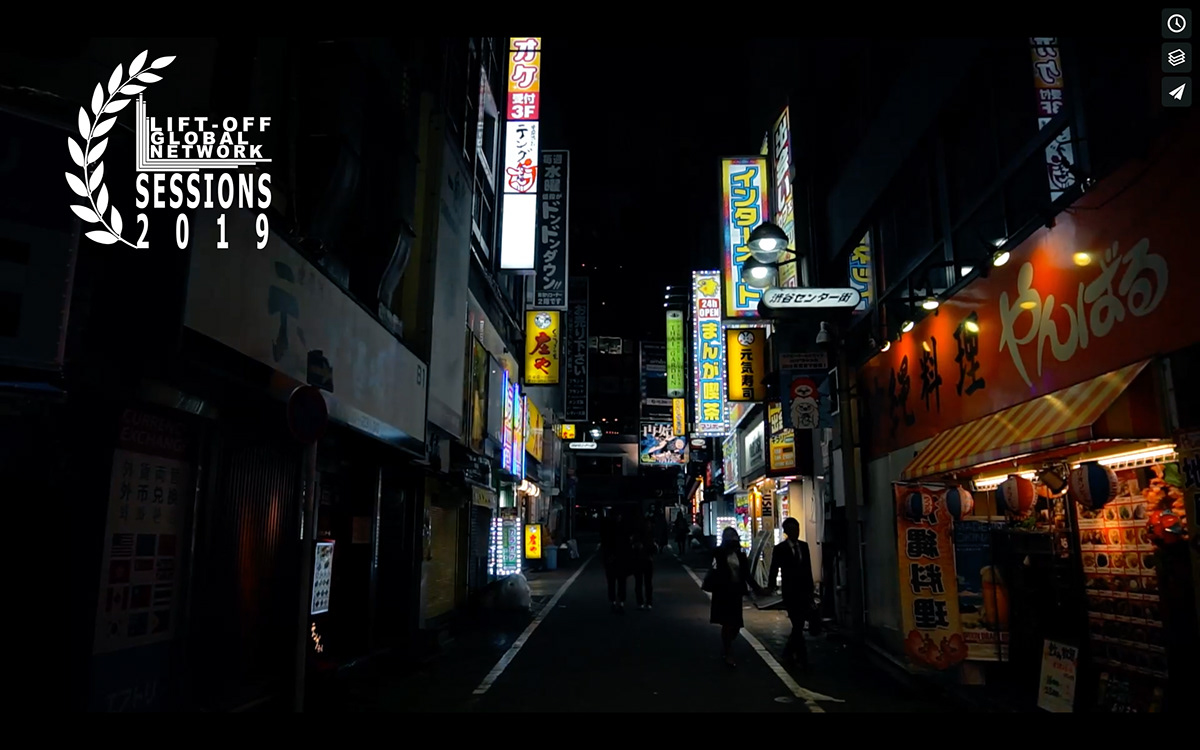
During my latest visit to Japan, I was surprised to understand a few similarities that this island, and the island that I come from, "Lesvos" have. They both are mountainous, isolated from a central land or hub that the development is occurring and both built their cultures influenced by a procedure of understanding those parameters.
The following text addresses those notions and is from the book "The Japanese Mind" published by Tuttle.
The geography of Japan is said to have had a great influence on the development of many of the country's customs and cultural values, a social theory known as geographical determinism. First, Japan is an island country, and because of the dangerous and unpredictable seas separating Japan from the Asian continent, Japanese culture was able to develop in relative isolation, free from the threat of invasion from other countries. Japan is also a mountainous country and does not have a great deal of inhabitable land; as a result, people had to live close together in communities in which everyone was well acquainted with one another. The concept of harmony, or wa, became an important factor in Japanese life, helping to maintain relationships between members of close-knit communities. In addition, the climate has had an important influence on the development of the Japanese character. It is lint in summer, and the rainy season supports intensive forms of agriculture, such as rice growing, in which the labor of irrigating, planting, and harvesting was traditionally shared communally in order to achieve high production in a limited amount of space. People had to cooperate in this society because they could not grow rice without one another's help, and if they worked together, they were able to grow more food. There developed a kind of "rule of the unanimous," and people tended not to go against group wishes for fear that they would be excluded from the community. If people sacrificed themselves and worked for the group, the group supported them, so they made their own opinions conform with their group's objectives and felt a comfortable sense of harmony. Natural communication often occurred without spoken words, and people followed their elders because they had more experience, wisdom, and power. In order to live without creating any serious problems for the group's harmony, people avoided expressing their ideas clearly, even to the point of avoiding giving a simple yes or no answer. If a person really wanted to say no, he or she said nothing at first, then used vague expressions that conveyed the nuance of disagreement. People's words thus came to contain a variety of meanings. In this way, the social structure of Japan developed a vertical organization that stresses one's place within the group and in which one's rank or status is clearly distinguishable, often based on seniority within the group. When people meet, they first try to determine the group to which the other belongs. such as their school or company, and their status within that group, rather than their personal traits. Because such a framework includes people with many different characteristics, a form of unity in which all people aim for the same goal is most important for the group and is strictly enforced. This strong group consciousness brings about a feeling of "in and out" (uchi-soto), and people within the group are likely to feel united emotionally. Although this group consciousness has contributed greatly to the economic development of Japan, the need for strong emotional unity has also resulted in an inability to criticize others openly.

THE CROSS-CULTURAL EFFECTS OF AMBIGUITY
It is often said that the Japanese are shy or inscrutable and that it is impossible to guess what they are thinking. In many cases, however, people may simply be trying to behave politely according to their own customs. Japanese people, too, have their own opinions, but they tend to wait their turn to speak out. If they completely disagree with a speaker, they will usually listen with an air of acceptance at first, then disagree in a rather vague and roundabout way. This is considered the polite way to do things in Japan. On the other hand, because Western people consider directness and the honest expression of one's opinions more important, they tend to express their ideas more clearly. Even though quarrels sometimes arise, they do not usually affect people's relationships, except in extreme cases. In Japan, however, if you go against someone and create a bad atmosphere, your relations may break off completely. People tend to react emotionally and are afraid of being excluded from the group. Silence can also be considered a kind of ambiguity. Between the Japanese and Westerners, there is a different understanding of silence. For the Japanese, silence indicates deep thinking or consideration, but too much silence often makes non-Japanese uncomfortable. Whereas the Japanese consider silence as rather good and people generally feel sympathetic toward it, non-Japanese sometimes feel that it is an indication of indifference or apathy. Too many words, however, are a kind of pressure for many Japanese and make them nervous and ill-at-ease.
Source: The Japanese Mind by TUTTLE






